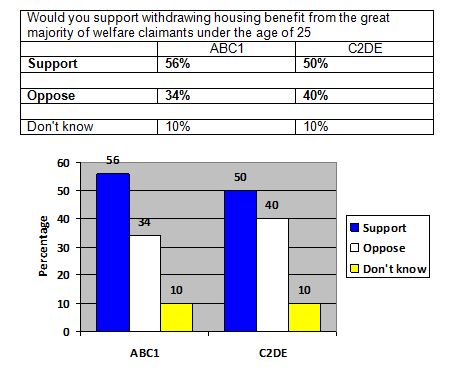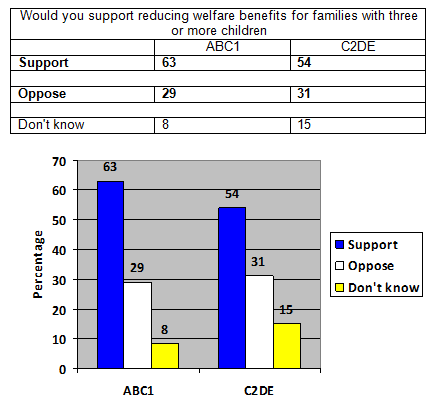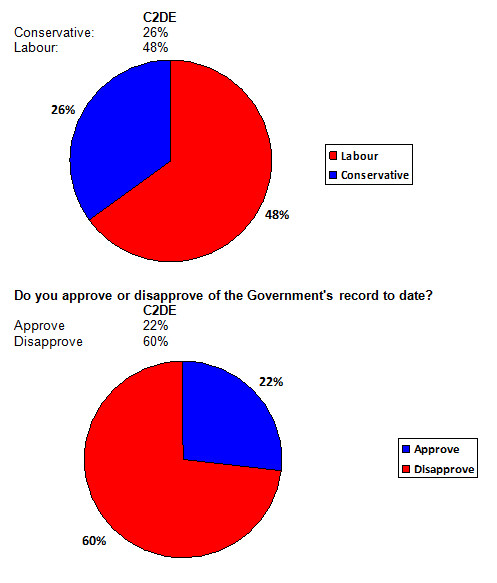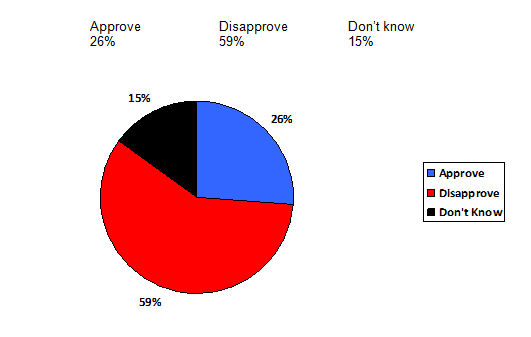Sunday 22 July 2012
Are Labour and Conservative leaders now looking to appeal to the working class?
My post from British Politics and Policy at LSE
Ed Miliband has apologised for Labour’s record on immigration, although he did not make as much of a criticism of immigration as was widely assumed. Following Miliband, David Cameron spoke about ideas to reform the welfare system to make it more moral. He discussed the hazard of those who ‘work hard’ and ‘do the right thing’ not being supported as much by the welfare state as those who live carelessly and then have the state support them.
The most interesting aspect of these two speeches in such quick succession is that both leaders made their appeal to the working and lower-middle classes. It might be said that they are both appealing to traditional right of centre values, but I would dispute that. It might be closer to the truth to say that they are appealing to the more selfish aspects of the working and lower-middle classes, but fundamentally it is an issue of perceived fairness.
The working class has been seen as electorally marginalised in favour of middle-class swing voters, but in this both parties are appealing to the sense of fairness of those nearer the bottom.
YouGov recently polled different groups on whether or not they supported Cameron’s welfare reforms (Figure 1). The polling data groups respondents into ABC1 (The top three social and economic groups in society) and C2DE (The lowest three social and economic groups in society).
Some may be surprised that 50 per cent of C2DE respondents supported Cameron’s proposal. When asked whether they supported “Withdrawing housing benefit from the great majority of welfare claimants under the age of 25”, 50 per cent were in favour, with 40 per cent opposed. Those surveyed in the ABC1 category were more supportive of Cameron, with 56 per cent for and 36 per cent against. In the C2DE group 54 per cent were in favour of reducing welfare benefits for families with three or more children, with 31 per cent opposed category. Again, ABC1 group support for the policies was high (63 per cent support, 29 per cent oppose).
The point to this is that although the higher grouping was more strongly in favour of these two specific suggestions, the proposals enjoyed over 50 per cent support in the C2DE group. But regardless of the statistics regarding these particular proposals, it is a moral question where those at the bottom often feel that their ‘doing the right thing’ is not supported by the welfare system. They see those who are not so careful with their money being rewarded for their profligacy.
The significance is that the lower grouped respondents (C2DE), by their nature, are more likely to need state support than those higher up. It is significant that those at the bottom are having these ideas pitched at them, though support among the better off for these proposals is higher. In each case the youngest respondents were the least receptive to the proposals, with agreement increasing with age.
Within the Labour party, Maurice Glasman’s Blue Labour and John Cruddas are generally seen as trying to better connect with working-class voters. At the last election, Labour’s middle class support generally stayed with them, but their working class support fell. The recent focus on immigration can be seen as an attempt to try to reconnect with this support in a way that people can relate to in their everyday experiences. Both Labour and the Conservatives are fighting for votes ahead of the next election, but who is more successful?
According to polling data, Labour is well ahead of the Conservatives in the C2DE group. Polling data from the 26th and 27th June shows:
This fits with a broader picture of disapproval with the current government. When asked ”Do you approve or disapprove of the Government’s record to date?”, the numbers across all groupings are as follows:
This is a net disapproval of 33 per cent for the government. On 2 July, polling showed immigration to be the 2nd most important issue behind the economy. Across all people, the Conservatives lead Labour by 14 per cent on asylum and immigration.
Part of New Labour’s winning strategy was to be a home for the aspirational upper working and lower middle classes – groups which had voted Conservative under Thatcher. Appealing to these sentiments makes the Conservatives a more natural home for these voters, but all parties stand for ‘fairness’ so what voters perceive to be ‘fair’ is up for grabs for both parties. Labour will need to have more impact on these voters if they are to be successful in the next general election.
Monday 9 July 2012
Opportunity knocks for Labour
The conservative-Lib Dem coalition government will provide the Labour party with a once in a generation opportunity to reform and reorder the welfare state.
The current government, through necessity or ideology, have embarked on a programme of radical reform of the welfare state at the same time as severe cuts to its budget. This is a crisis for those who depend on services which are disappearing, and an opportunity for Labour to plan how to get them back in the future.
Firstly, Labour need to get back into power to make anything of this opportunity. But the opportunity arises because the welfare state has been so preened. Labour gets the chance to start again with an almost blank sheet and remake and reform the welfare state for the 21st century. What worked in 1950 may not work in 2020, and given how the current government is hollowing-out and removing so much, Labour has the chance to build it back up. Not only that, but Labour has the chance to take the mantel as the party of the welfare state, not only those on welfare but the party who understands the needs of ordinary people. Given how the current government is doing, being the party of the ordinary working majority should be an open goal.
Labour has to win the battle of ideas. Labour must make the case for why we need a welfare state: to support those who need it, who work hard but are not rewarded by their work, those who are taken for a ride by corrupt practices, and those who have fallen on hard times under the current government.
Then, Labour must sketch out what this new welfare state should look like. For me, what matters is that those who need it get it, and get what they need. I don’t have an objection to a company or a charity providing it so long as they do it just as well as the state would or better. The welfare state should not exist to line the pockets of doctors, teachers or anyone else. But they must be paid well enough to attract the best. And we should concentrate on making British people the best through a world-class education system which can feed in to world class welfare services so that we don’t need to look abroad, but don’t lose our best abroad.
It may be heresy in some quarters to say that the state need not provide everything, but I look to history for support. When Nye Bevan set up the NHS, he did so to make sure that those who needed medical care got it, regardless of their ability to pay. The state paying the bill was, and is, the only way that poor people can get the treatment they need. But it’s the money, not the provision that matters. If we truly care about the people who need, and get, what they need, we need to make sure that they get the best.
With state provision cut to the bone under the current government, Labour has a unique opportunity to build up rather than reform. The Labour government of 1945-51 under Attlee started without a welfare state to reform, but had to overcome opposition to it. The governments of 1997-2010 had a crumbling welfare state to build up, but had the people of this country who supported the welfare state behind them. Now once again the Tories have wrecked the welfare state, Labour has the opportunity to build it up afresh, new and ready for the challenges of the future.
They will need to win the battle of idea, get the right policies in place and work out how to pay for it all. That is far from easy, but this is a great opportunity which they should not let through their fingers.
Subscribe to:
Posts (Atom)






